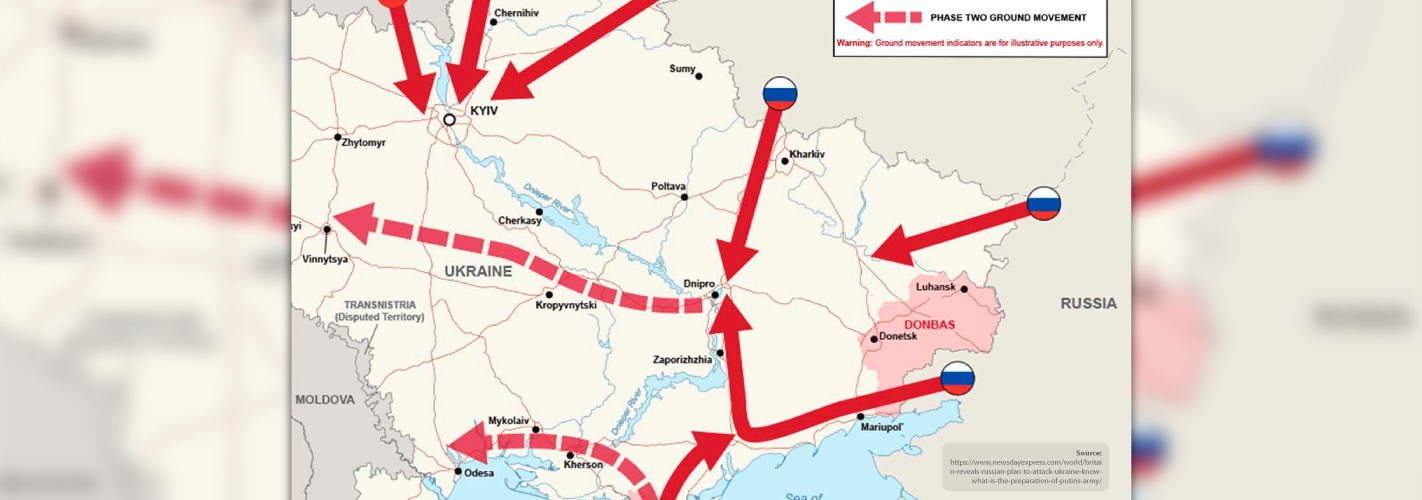Among the lessons we are learning from Putin’s attack on Ukraine is that there is more than one way to use intelligence to influence world events. In the press of more general lessons learned, it would be easy to overlook. But the American intelligence community is justly proud of what they accomplished.
I have heard practitioners of the art describe it as an innovation. But as an old Cold Warrior, it looks very familiar to me, and I rejoice to see it used again. I’m talking about releasing intelligence about an opponent’s plans, to expose them and thereby prevent or delay them, or at least blunt their effectiveness.
We saw this over the last few weeks before Putin’s invasion. It picked up in frequency and intensity especially in February 2022. American intelligence collectors knew that Putin was planning to invade Ukraine. They knew also that he planned to use ‘false flag’ operations and agents provocateurs to justify his move.
One insider suggested that they knew for months – since last fall – that Putin had decided to invade. American and allied information collection was deep and comprehensive. They convinced senior staff to turn some of the information into actionable, releasable talking points.
For example, the U.S. government predicted that Russia would accuse Ukrainians of harboring Nazi sentiments, and would claim that any military action was meant to rescue innocent Ukrainians from Nazi oppression. Once the idea was put out there and debunked, Russian propagandists looked clumsy and silly making the claims later. Putin had to abandon that as a talking point for international consumption. It was useful only for internal propaganda after it was exposed.
In another example, American intelligence discovered Putin’s plan to instigate a series of false attacks on ethnic Russian Ukrainians and Russian interests. He intended then to ‘respond’ to the attacks by making an incursion. Indeed, Russian troops captured in Ukraine have said they believed they were part of a peacekeeping operation, or were coming to protect innocents from Nazi attacks. But again, that claim was useless outside of Russian-controlled media.
A Washington-based analyst who is a close observer of the intelligence community said, “Being able to release key intelligence helped Western interests interrupt the Russian decision making cycle, and keep them off balance in the information space. When we say they are going to do something and then they do it (sometimes poorly), it makes them look clumsy. More important, it defeats their attempts at denial and deception. This has been a tremendous intelligence success. It has also been a revolution in how intelligence may be used as a weapon in the info space, instead of simply informing decision makers.”
This is actually not new, but it is newly rediscovered. Ferreting out, exposing, and countering Soviet disinformation and misinformation was a critical part of the Cold War. We drew on open sources, human intelligence reports, and technical collection. It is reassuring to see a new generation of intelligence consumers once again using truth to preserve liberty. “And ye shall know the truth, and the truth shall make you free.”

















